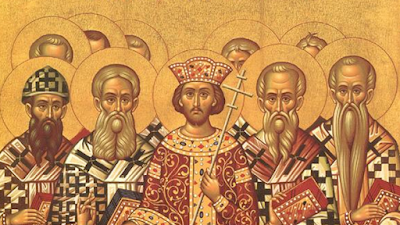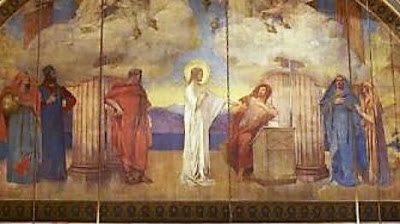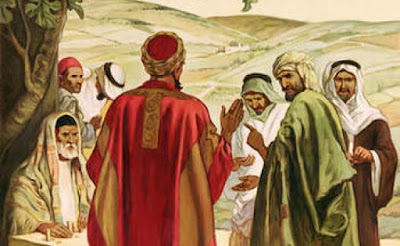The Different Classes of Unbelievers Against God and God's Church [From the Baltimore Catechism]

The eight classes of unbelievers are as follows: 1. Atheists, who deny there is a God; 2. Deists, who admit there is a God, but deny that He revealed a religion; 3. Agnostics, who will neither admit nor deny the existence of God; 4. Infidels, were never baptized, and who by want of faith, refuse to be so; 5. Heretics, were baptized Christians, but do not believe all the articles of faith; 6. Schismatics, are baptized and believe all articles of faith, save papal authority; 7. Apostates, who reject the true religion, they formerly held, to join a false one; 8. Rationalists and Materialists, who believe only in material things. ( From the Baltimore Catechism #3 Lesson 30 - Q. 1170 .) Outside the Church There is No Salvation The straight forward but constantly misinterpreted doctrine that " Extra Ecclesiam nulla salus ": " Outside the Church there is no salvation ", is the source of much confusion among many Catholics and non-Catholics alike.




